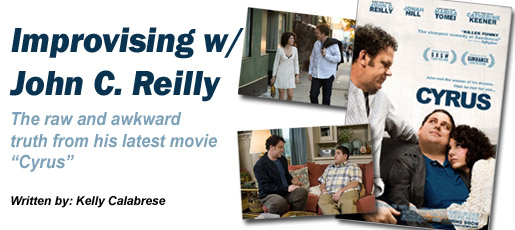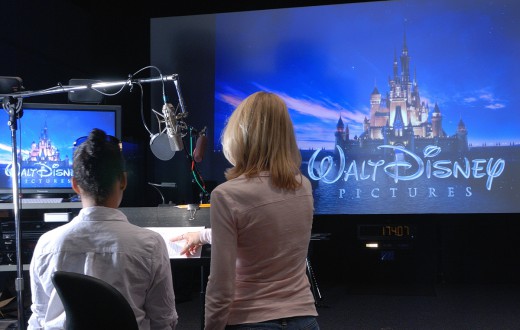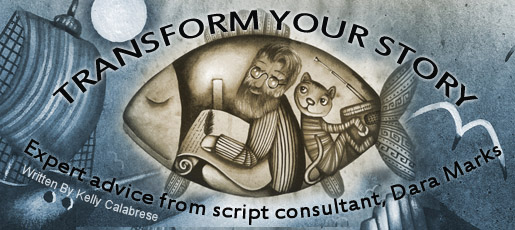Acting isn’t just about delivering lines in front of a camera or captivating an audience on stage; it’s about forging effective working relationships with a wide array of professionals, ranging from directors to the behind the scenes crew. We’re going to unravel the intricate and complex relationships that exist on set or stage. Let’s delve into insights for actors on how to enhance their collaboration with the often unseen heroes of production. It’s not just about making it through the day; it’s about really thriving in the diverse realms of film, television, and theater.
10 Tips for Actors on How to Collaborate Better With Those Behind the Scenes
Tip 1: Respect the Hierarchy
The relationship between an actor, director, and crew is a complex one. The director is often seen as the visionary, guiding the overall artistic and dramatic aspects of the production, while the crew are the technical experts who bring this vision to life. Actors, situated at the intersection of these two forces, must navigate this dynamic carefully. Recognizing this structure and adhering to it helps maintain an orderly and respectful environment.
Tip 2: Actively Listen and Respond
Successful collaboration relies on strong communication, which involves more than just expressing your thoughts. It also entails actively listening to and considering the input and feedback of others. This requires understanding their viewpoint and responding accordingly, whether it involves making adjustments or respecting technical limitations.
Tip 3: Embrace Changes
In the fast-paced environment of a film or theater production, flexibility and adaptability are invaluable traits. Things change quickly, and an actor must be ready to adapt to new directions or unexpected challenges. Be prepared, whether it’s last-minute script alterations or unexpected technical issues. Flexibility in responding to these changes can make the difference between a good performance and a great one.
Tip 4: Collaborate, Don’t Dictate
Creating a film or theater production involves teamwork, with each member contributing to bringing the story to fruition. Encourage open discussions instead of imposing your ideas, as this promotes inclusivity and often results in innovative and successful outcomes.
Tip 5: Maintain Professionalism at All Times
Professionalism is about more than just your performance on stage or camera. It extends to how you conduct yourself off-set, how you treat others, and how you handle the stresses and demands of production. Always be on time (which means be 15 minutes early!), prepared, and respectful to everyone on set. This includes being patient and understanding of the time and effort the crew puts into their work, even when it leads to long waiting periods for actors.
Tip 6: Practice Emotional Intelligence
Acting is an emotionally charged industry with high-pressure demands. Be mindful of how your actions and words affect others. Adopting a compassionate and understanding attitude can enhance the team’s spirit and efficiency.
Tip 7: Be Open to Creative Exploration
Creativity is the lifeblood that fuels unique and memorable performances. An open-minded approach can lead to discovering new facets of a character or scene. Don’t be afraid to experiment with your character and offer creative suggestions. However, always do this in a respectful manner that aligns with the director’s vision. This shows your commitment to the role and can lead to enriching the overall production.
Tip 8: Learn the Basics of Technical Roles
Having a basic understanding of lighting, sound, and camera work can help you appreciate the crew’s challenges and constraints. This knowledge can also improve your positioning and interaction with technical elements on set.
Tip 9: Foster Positive Interactions
Long hours on set or in rehearsal can create a family-like environment. Building positive, supportive relationships with directors and crew members can make the process more enjoyable and productive for everyone involved. This includes showing interest in their work and acknowledging their contributions. A positive work environment often translates to a better final product.
Tip 10: Seek Constructive Feedback
The process of working on a production is a learning experience. Being open to feedback and willing to learn not only improves your current performance but also your future prospects in the industry. Actively seek feedback from the director and be open to suggestions from the crew. Use this feedback constructively to improve your performance. Each production is an opportunity to grow as an actor.
BONUS TIP
Tip 11: Take Initiative in Overcoming Challenges (because everyone, just like every guitar amp, should go to 11)
Unexpected challenges are par for the course. Being proactive in problem-solving, rather than waiting for direction on every issue, can demonstrate your commitment and professionalism. This proactive approach not only helps in smoothing out the production process but also positions you as a collaborative and resourceful member of the team.







